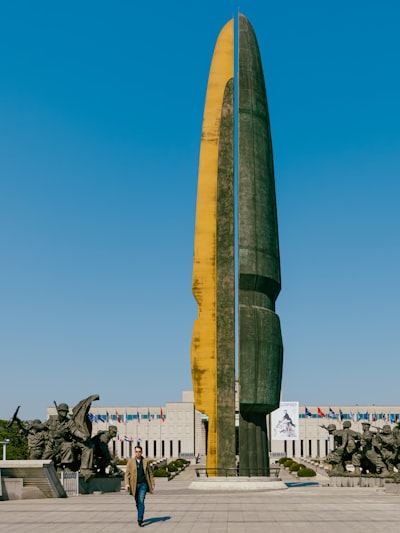Donald Trump's aggressive posture toward Iran’s nuclear program—marked mainly by his withdrawal from the JCPOA (Iran nuclear deal) and sustained economic pressure—set a new precedent for U.S. dealings with hostile nuclear aspirants. This leaves North Korea’s Kim Jong Un watching closely, asking: Should he recalibrate his strategy in the face of unpredictable American resolve?
Comparative Lessons from Iran and North Korea
Trump’s Iran policy was unapologetically coercive, striving to crush Tehran’s nuclear ambitions through sanctions and threats of force. While Iran responded with countermeasures, its nuclear timeline was indeed set back. Kim Jong Un, however, presides over a regime with nuclear weapons already tested and deployed, offering him a perceived shield against military incursions—a leverage Iran never secured.
| Iran (Post-JCPOA) | North Korea | |
|---|---|---|
| U.S. Approach | Max economic pressure, diplomacy snubbed | 'Fire and Fury' rhetoric; later, historic summits |
| Nukes In-Hand? | No | Yes |
| Result | Setbacks, economic pain | Status quo, continued development |
Should Kim Worry?
Paradoxically, the lesson may be double-edged. Trump’s Iran policy demonstrated that U.S. resolve could be harsh and outcomes unpredictable, even at the cost of global consensus. Yet, North Korea’s advanced arsenal and entrenched deterrence posture make military solutions far riskier. Any U.S. president, faced with the possibility of Seoul or Tokyo under immediate threat, would hesitate to repeat Iran’s playbook wholesale.
Wider Implications
Iran’s experience likely convinces Kim Jong Un of the importance of never surrendering his nuclear trump card. U.S. unpredictability, showcased by Trump, undercuts the value of any deal absent reliable guarantees and trust. As global nonproliferation norms fray, others may draw similar conclusions: only possession of a credible deterrent commands attention and respect.
Notable Developments
- Trump became the first sitting U.S. President to meet Kim in person—yet left talks with no binding agreement.
- Sanctions hurt Iran but provoked tit-for-tat escalation, fueling global security anxieties.
- North Korea has diversified its missile capabilities since 2018, apparently undeterred by the U.S.
The bottom line: Kim Jong Un should be alert but not necessarily alarmed. Trump showed the U.S. could shift from dealmaker to deal-breaker swiftly. For Pyongyang, this underscores the high-stakes gamble of relying on U.S. goodwill—but also the enduring power of a credible nuclear deterrent. The Iran saga is a warning, not just for Kim, but for global policymakers weighing the wisdom of brinkmanship over trust.
This article was inspired by the headline: 'Trump dented Iran’s nuclear ambitions. Should Kim Jong Un be worried?'

Comments
No comments yet. Be the first to comment!